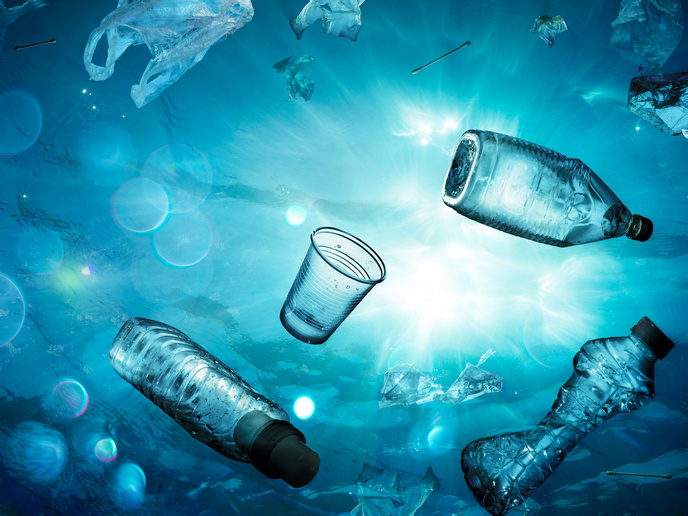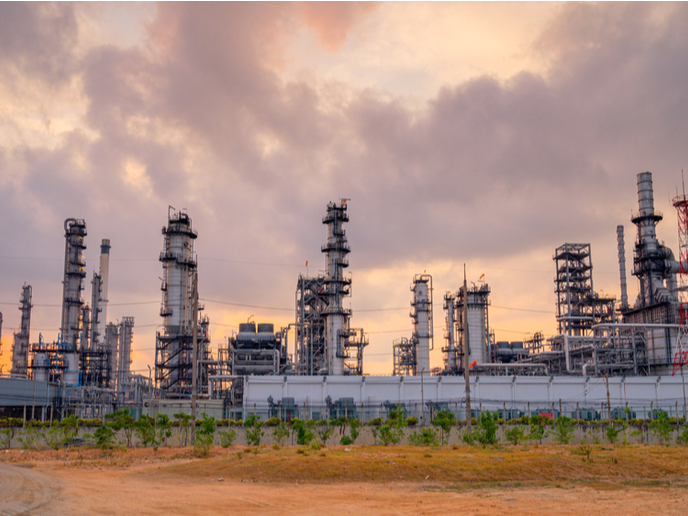Cleaner, greener shrimp production
Asian aquaculture makes up almost 80 % of the world's shrimp production. It is an important economic sector for the Asian producing countries and the industrialised consumer countries. The environmental impact of most Asian shrimp farms highlights the need to implement advanced effluent management systems, increasing efficiency and production, while reducing this negative impact. European aquaculture, on the other hand, lacks intensive shrimp culture plants, despite possessing important know-how in intensive fish farming. With EU funding, the PASSA (Partnerships for sustainable shrimp aquaculture) initiative studied the implementation of cost-effective waste treatment systems for treating shrimp farm effluent. The systems can increase productivity while reducing negative environmental impacts caused by shrimp farm effluent and the high-potency pollutants it contains. EU and Indian partners shared their knowledge of Penaeus monodon and Penaeus vannamei, the two most commonly cultivated species, in order to develop a specifically formulated shrimp feed. A specialist feed was not previously available due to limited knowledge of the creatures' absorptive and digestive physiologies. The cooperation spread knowledge and raised awareness on the implementation of cost-effective systems for reduced environmental impact during the treatment of shrimp farms. Researchers also investigated the implementation of closed systems suitable for rearing P. monodon and P. vannamei in the EU. Eight workshops and four training sessions were conducted in both India and Italy. They facilitated the exchange of information between Indian and EU scientists on shrimp biology and cultivation as well as on wastewater treatment. Knowledge was also disseminated to stakeholders of the shrimp farming sector. Experimental work carried out in laboratories and aquaculture facilities provided information on solids and nutrient management in wastewater from shrimp farms. In addition, researchers collated a large data set on the ecological, physical, chemical, physiological and socioeconomic factors related to shrimp cultivation. The success of the PASSA project will enable consumers to enjoy their seafood treats while safeguarding the natural environment from the effects of shrimp effluent.







